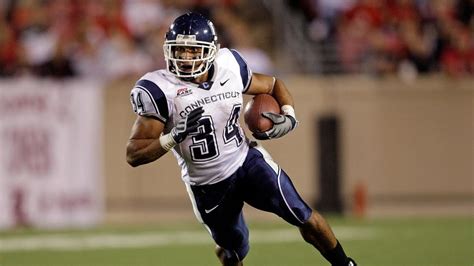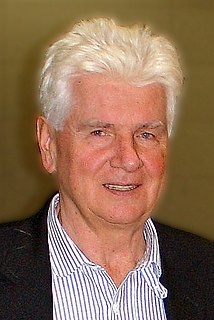A Quote by Tess Gerritsen
I was a writer first, and knew I'd be a storyteller at age seven. But since my parents are very practical, they urged me to go into a profession that would be far more secure so I went to medical school. But after practicing medicine for a few years, while raising two sons (with a husband who was also a doctor) I realized that combining medicine with motherhood was more of a challenge than I could handle. So I left medicine and stayed home. And that's when I once again picked up the pen and began to write.
Quote Topics
After
Again
Age
Also
Began
Challenge
Combining
Could
Doctor
Far
Few
First
Go
Handle
Home
Husband
I Realized
Knew
Left
Me
Medical
Medical School
Medicine
More
Motherhood
Once
Parents
Pen
Picked
Practical
Practicing
Profession
Raising
Realized
School
Secure
Seven
Since
Sons
Stayed
Storyteller
Than
Two
Up
Very
While
Would
Would Be
Write
Writer
Years
Related Quotes
The scope of herbal medicine ranges from mild-acting plant medicines such as chamomile and peppermint, to very potent ones such as foxglove (from which the drug digitalis is derived). In between these two poles lies a wide spectrum of plant medicine with significant medical applications. One need only go to the United States Pharacopoeia to see the central role that plant medicine has played in American medicine.
It's great to be excited by your profession, whether you are a doctor or a writer. I started writing books when I was in medical school and, by the time I graduated, I realized that writing was more exciting to me than being a doctor. And if I tried to be a doctor and a writer, then both would suffer.
It is time for the scientific community to stop giving alternative medicine a free ride There cannot be two kinds of medicine — conventional and alternative. There is only medicine that has been adequately tested and medicine that has not, medicine that works and medicine that may or may not work. Once a treatment has been tested rigorously, it no longer matters whether it was considered alternative at the outset. If it is found to be reasonably safe and effective, it will be accepted.
Many of those in the medical fraternity instantly label treatments in the traditional, natural or holistic health fields as quackery. This word is even used to describe Traditional Chinese Medicine and the Indian Ayerveda, two medical systems which are far older than Western medicine and globally just as popular.
Until the 20th century, medicine was more like politics than physics. Its forecasts were often bogus and its record grim. In the 1920s, statisticians invaded medicine and devised randomised controlled trials. Doctors, hating the challenge to their prestige, resisted but lost. Evidence-based medicine became routine and saved millions of lives.
I think energy medicine is a field that is probably for me the most authentic level of medicine that there is, because it takes into account what I would call 'square one of creation'. Which is where energy meets the process of incarnating. So I think it is very much going to become the dominant practice of medicine in this next millennium. We have no other place to go but there.
Homoeopathic treatment is my first choice not only for me but also for my family. Homoeopathy should be developed as full- fledged alternative system of medicine. More research and more development are essential to make Homoeopathy more popular and useful Homoeopath treats their patients in more compassionate way. Homoeopathy is second largest system of medicine being practiced in India.
When I am in Egypt, I am phoned because I am listed in the medical directory under "Mental Health and Psychiatry." And of course, I see very few people, because I give much more time to writing. So I cannot say that I really stopped medicine, but I practice medicine - or psychiatry - in a very different way. In an artistic way!




































